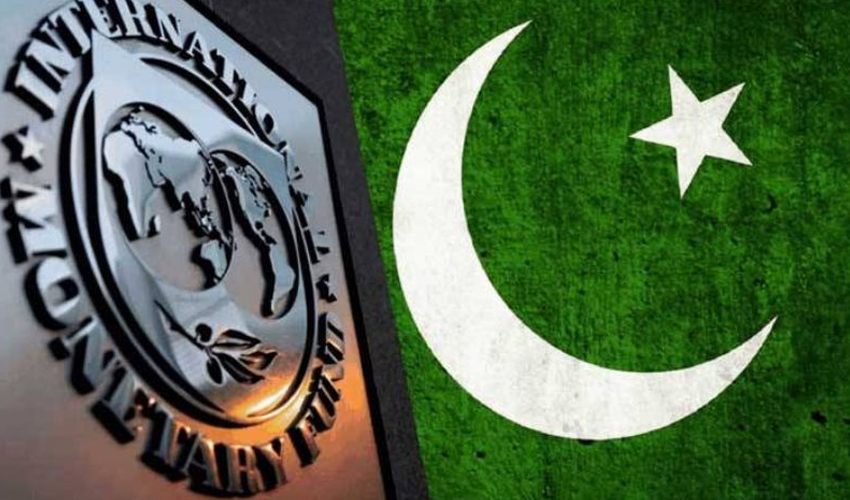In a significant development, the International Monetary Fund (IMF) Executive Board has approved a $7 billion loan for Pakistan during a meeting in Washington. This new financial support program is set to span 37 months, providing essential relief amid the country’s ongoing economic challenges.
Sources indicate that Pakistan is expected to receive the first installment of approximately $1 billion or $1.1 billion by September 30. Following the approval of the loan program, a second installment is anticipated within the same financial year.
Pakistani officials have confirmed that they have met all preconditions for the loan, including securing an additional $2 billion in financing and consolidating $12.7 billion in debt. Key allies, including China, Saudi Arabia, the UAE, and Kuwait, have also played a crucial role by deferring Pakistan’s loan payments for a year.
As part of the IMF’s requirements, Pakistan has borrowed from international commercial banks at an interest rate of 11%, one of the highest in the country’s history. Finance Ministry officials reported that Pakistan faces a $100 billion debt repayment obligation over the next four years. Additionally, loans from friendly countries will need to be renewed annually, with an estimated $5 billion in external financing required within the next three years.
To comply with the IMF program, Pakistan must gradually increase its tax-to-GDP ratio by 3% during this period. The government plans to extend the tax net to sectors such as retail, wholesale, exports, and agriculture to boost revenue.
Officials also noted that continued reforms in administrative structures, particularly in taxation, the energy sector, and governance, are essential for the success of the IMF package. Provincial governments have expressed their support for the loan program, emphasizing a shared commitment to achieving macroeconomic stability and sustainable development.
The Finance Ministry highlighted that the loan package will not only provide crucial funds but will also facilitate additional financial assistance from other international organizations and countries, aiding Pakistan in addressing its ongoing economic crisis and implementing necessary reforms for long-term stability.
Recently, the National Assembly’s Standing Committee on Finance reported that the country requires $100 billion in external financing over the next four years, along with an extra $12 billion in the next three years to tackle persistent economic challenges.
While the IMF’s $7 billion loan is a significant step, it is anticipated that Pakistan’s external financial issues will remain pressing. The committee noted an average annual increase of 14% in loans taken over the past five years, underscoring the ongoing fiscal strain despite the newly proposed bailout package.


